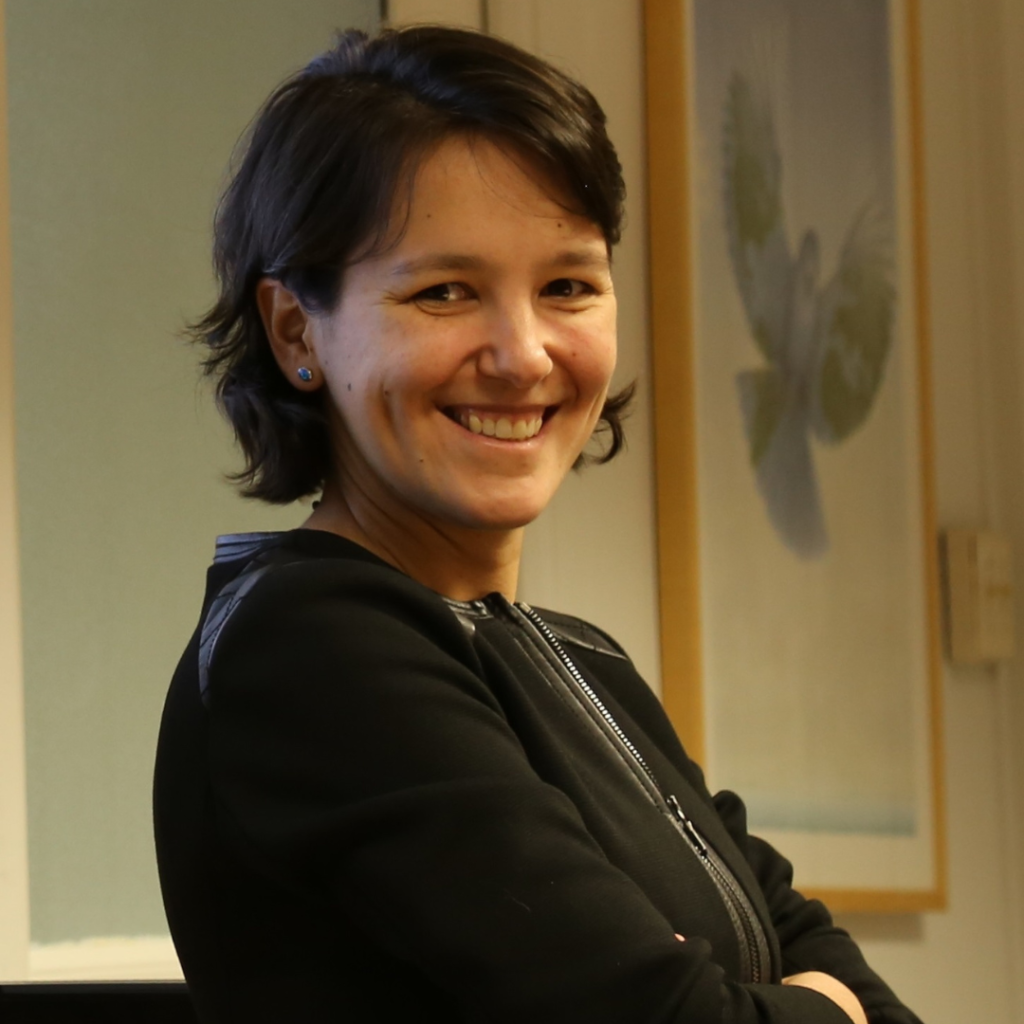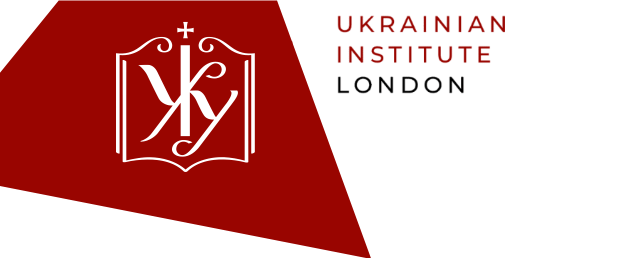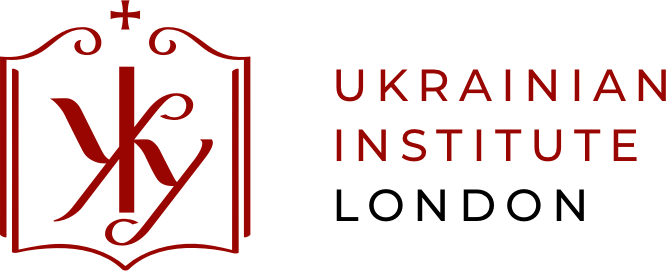Ukrainian Literature in Translation Prize:
submissions open 20 March to 30 April 2024

Ukrainian Institute London is delighted to announce the Ukrainian Literature in Translation Prize 2024. Translations from Ukrainian to English will be accepted until 23:59 BST on 30 April 2024; please adhere to the submission guidelines below or through the link.
With this edition of the Ukrainian Literature in Translation Prize, we wish to emphasise the gravity of choice in the modern world. The first sentence of Ukraine’s Constitution declares the document a manifestation of Ukraine’s citizens’ sovereign will. A defining moment in the contemporary history of Ukraine was its regaining independence in 1991, something Russia has attempted to undo many times throughout the past three decades, culminating in the current all-out war. We believe that the literature of independent Ukraine is also a manifestation of its citizens’ free will, and call for translations of contemporary Ukrainian literature, published between 1991 and 2024 (inclusive).
To further promote literary translation from Ukrainian to English, we will release a shortlist of outstanding entries in addition to awarding the Prize. We plan to publish all shortlisted entries in London Ukrainian Review, all relevant parties permitting. Shortlisted entrants will be contacted regarding publication separately; permissions to publish will not affect their shortlist status.
Submission guidelines
Submissions are accepted until 23:59 BST on 30 April 2024 through this form. To be considered for the Ukrainian Literature in Translation Prize, each submission must include:
1) A translation, from Ukrainian to English, of up to 2,000 words of prose or 20 lines of poetry (both excerpts of larger works and self-contained works are permitted; translations that exceed these limits for literary reasons will be accepted).
2) The Ukrainian original translated by the entrant (please note length limits apply to the translation, not the original), referenced in line with the MHRA style guide.
3) A covering letter of up to 500 words explaining the original’s significance and why the entrant feels it must be translated into English. Any choices made within the translation may be covered within this letter.
4) The entrant’s CV, which will be used for further understanding the entrant’s choice of original and translation strategies, to be referred to only after the Jury has judged the submission anonymously. Translators will not be judged based on their experience or lack thereof, and translators at all career stages are welcome to apply.
Up to two submissions per translator will be considered. Translation collectives (two or more translators working together) are welcome to enter by making one joint submission. Participants in translation collectives may also make individual submissions. Submissions on behalf of third parties may be made with their consent (for translators who require others’ assistance to make a submission).
Eligibility guidelines
Original
1. The original work chosen by the entrant to translate for participation in the Ukrainian Literature in Translation Prize should be a work of literature first published, by any means, between 1991 and 2024.
2. ‘Literature’ includes prose, poetry, drama, and comics in all genres.
3. There are no limitations on the means of publication; both physical and online sources are deemed legitimate. However, proper reference should be made to the source, and accessible links provided where appropriate.
4. Where a work is written in both Ukrainian and any other language, the submission will be eligible if (1) the original is over 50% in Ukrainian, and (2) the author is, or was at the time of their death, a Ukrainian citizen. However, such a submission may not be considered if no member of the jury is qualified to review the third-language part of the submission.
Translation
1. Entries will be considered if they are within the limits of 2,000 words / 20 lines or exceed them for reasons evident from the original or reasonably explained in the covering letter.
2. Self-translations will be considered.
3. The translation submitted must be the entrant’s own original work.
4. Previously published translations will not be considered.
5. Translations of works that have already appeared in English translation (re-translations) will not be considered.
6. Where a translation of the original is published at a date later than the submission but before 30 April 2024, eligibility will be considered on a case by case basis.
Please address any queries not covered by these guidelines to translation@ukrainianinstitute.org.uk and be advised that it may take up to 5 working days for us to process your query.
Selection process
1. All entries will be anonymised for the jury’s consideration, and translations will be considered on their own merit, disregarding the original’s significance, at the first stage.
2. A shortlist of outstanding translations will be announced widely by the Ukrainian Institute London, and shortlisted submissions will be published in London Ukrainian Review.
3. Shortly after the shortlist announcement, the Jury will select the Prize’s winner based on both their translation and the significance of the original as argued in their covering letter and judged by the jury.
4. The Prize of £500 will be awarded at the end of Summer 2024.
Jury Members

Sasha Dugdale
Sasha Dugdale has published six collections of poems with Carcanet. Her fifth collection Deformations was shortlisted for the 2020 T. S. Eliot Prize. She won the Forward Prize for Best Single Poem in 2016 and in 2017 she was awarded a Cholmondeley Prize for Poetry. She is former editor of Modern Poetry in Translation and poet-in-residence at St John’s College, Cambridge (2018-2020). Her translations for theatre include Bad Roads and The Grainstore by Ukrainian playwright Natalya Vorozhbyt, for production by the Royal Court Theatre and Royal Shakespeare Company. (Photo by Zima Zima).

Halyna Hryn
Halyna Hryn is an author, translator, editor and researcher. She is the editor of Hunger by Design: The Great Ukrainian Famine and Its Soviet Context (Harvard University Press, 2009), translator of the novels Peltse and Pentameron (Northwestern University Press, 1996) by Volodymyr Dibrova and Fieldwork in Ukrainian Sex (AmazonCrossing, 2011) and Your Logo Could Be Here: Stories (AmazonCrossing, 2020) by Oksana Zabuzhko. She is editor of the Journal Harvard Ukrainian Studies. She received her PhD from the University of Toronto.

Uilleam Blacker
Uilleam Blacker is Associate Professor of Ukrainian and East European Culture at University College London. He has written on Ukraine for The Atlantic, The Guardian, and the Times Literary Supplement, among others. His translations of Ukrainian literature have appeared in The Guardian, The White Review, Words Without Borders, and Modern Poetry in Translation. In 2019, his translation of Oleg Sentsov’s collection of stories Life Went on Anyway was published with Deep Vellum in 2019, and his translations of novels by Taras Prokhasko and Mike Yohansen are forthcoming with Harvard University Press. In 2022, he was Paul Celan Translation Fellow at the Institute for Human Sciences in Vienna, and, in 2023, he was a jury member for the International Booker Prize.

Nina Murray
Nina Murray was born and raised in the Western Ukrainian city of Lviv. She holds advanced degrees in linguistics and creative writing. She is the translator of Lesia Ukrainka’s Cassandra (Harvard University Press, 2024) and author of Gannota: A Tale of Three Thimbles (The Braag, 2024), the poetry collection Alcestis in the Underworld (Circling Rivers Press, 2019) as well as chapbooks Minimize Considered (Finishing Line Press, 2018), Minor Heresies (Heartland Review Press, 2020), and Damascus Electric (Pen & Anvil Press, 2020). Her translations from Ukrainian include Oksana Zabuzhko’s Museum of Abandoned Secrets, and Oksana Lutsyshyna’s Ivan and Phoebe (Deep Vellum, 2023). Nina is the winner of the Ukrainian Institute London’s Ukrainian Literature in Translation Prize 2021. You can read her winning translation of Lesia Ukrainka’s Cassandra here.
Past editions of the Prize
The first edition of Ukrainian Literature in Translation Prize was held in 2021 and was dedicated to the writing of Lesia Ukrainka. The Prize was awarded to Nina Murray for her outstanding translation of an excerpt from Cassandra, which went on to be produced for the stage. Nina Murray joined the Prize’s Jury the following year. Daisy Gibbons was the runner-up with a finely translated excerpt from Ukrainka’s correspondence with Olha Kobylianska.
In 2022–23, Daisy Gibbons won the Ukrainian Literature in Translation Prize with translations and extracts from Artem Chekh’s wartime diaries and Olha Matsiupa’s play Pilates Time. Daisy has gone on to translate several to-be-announced literary works.


